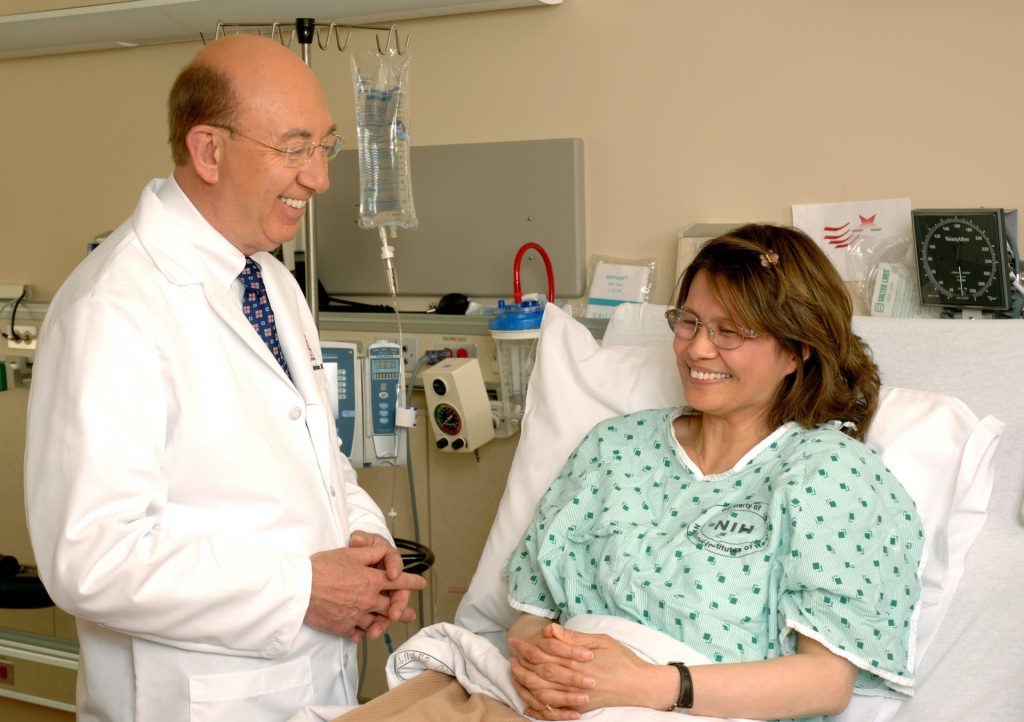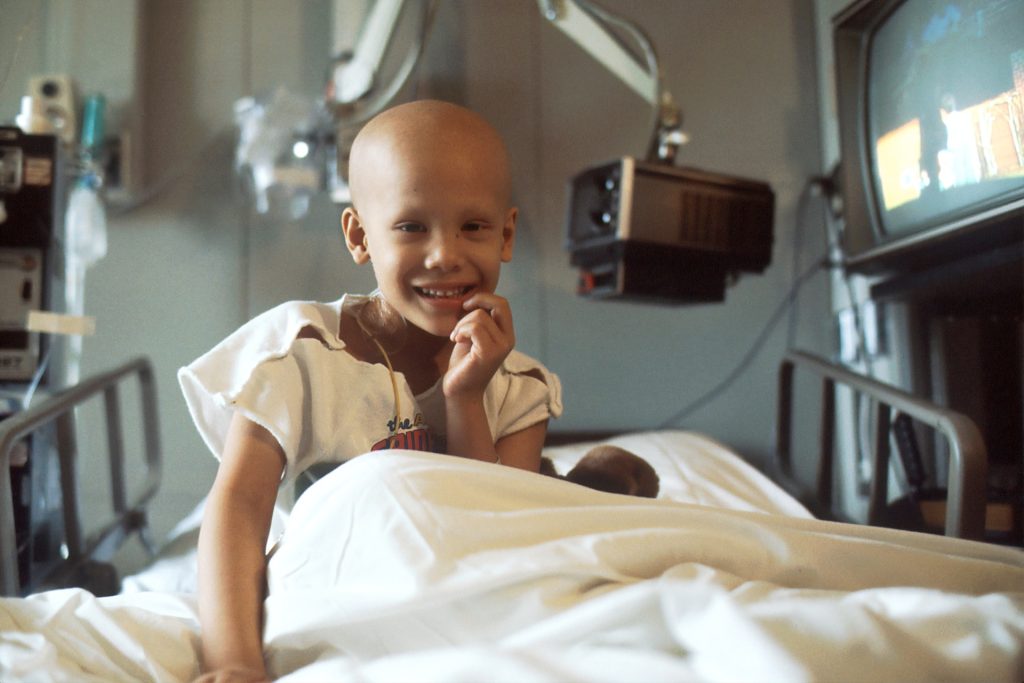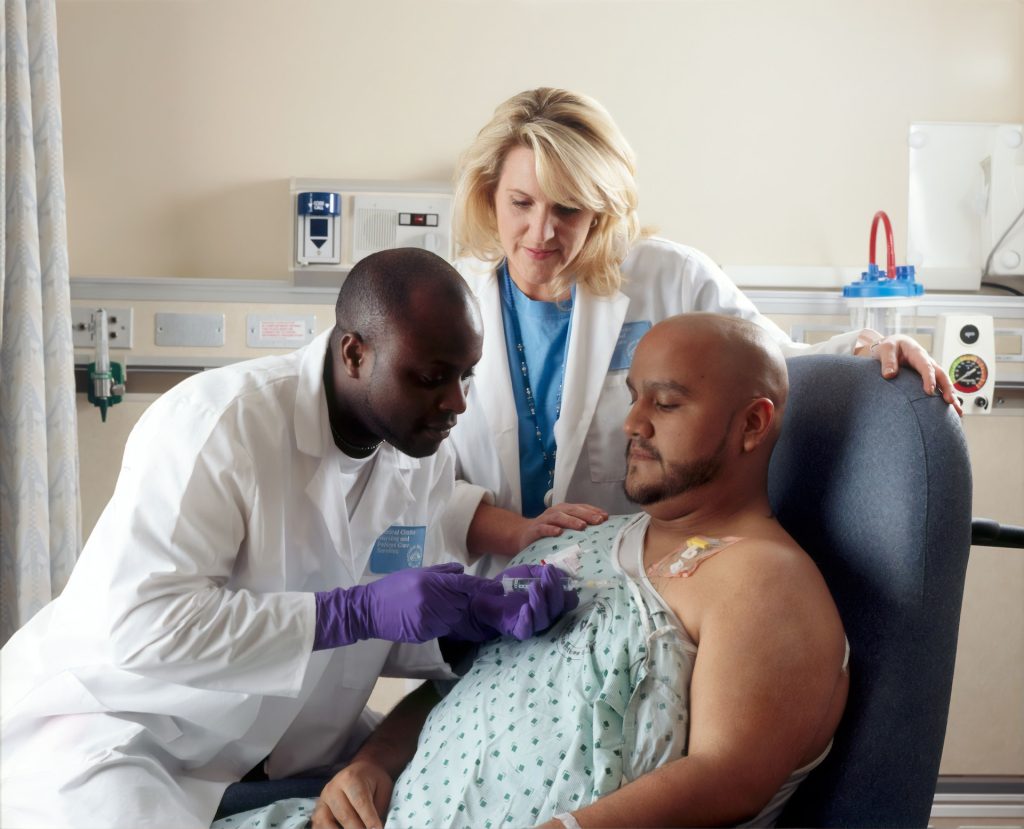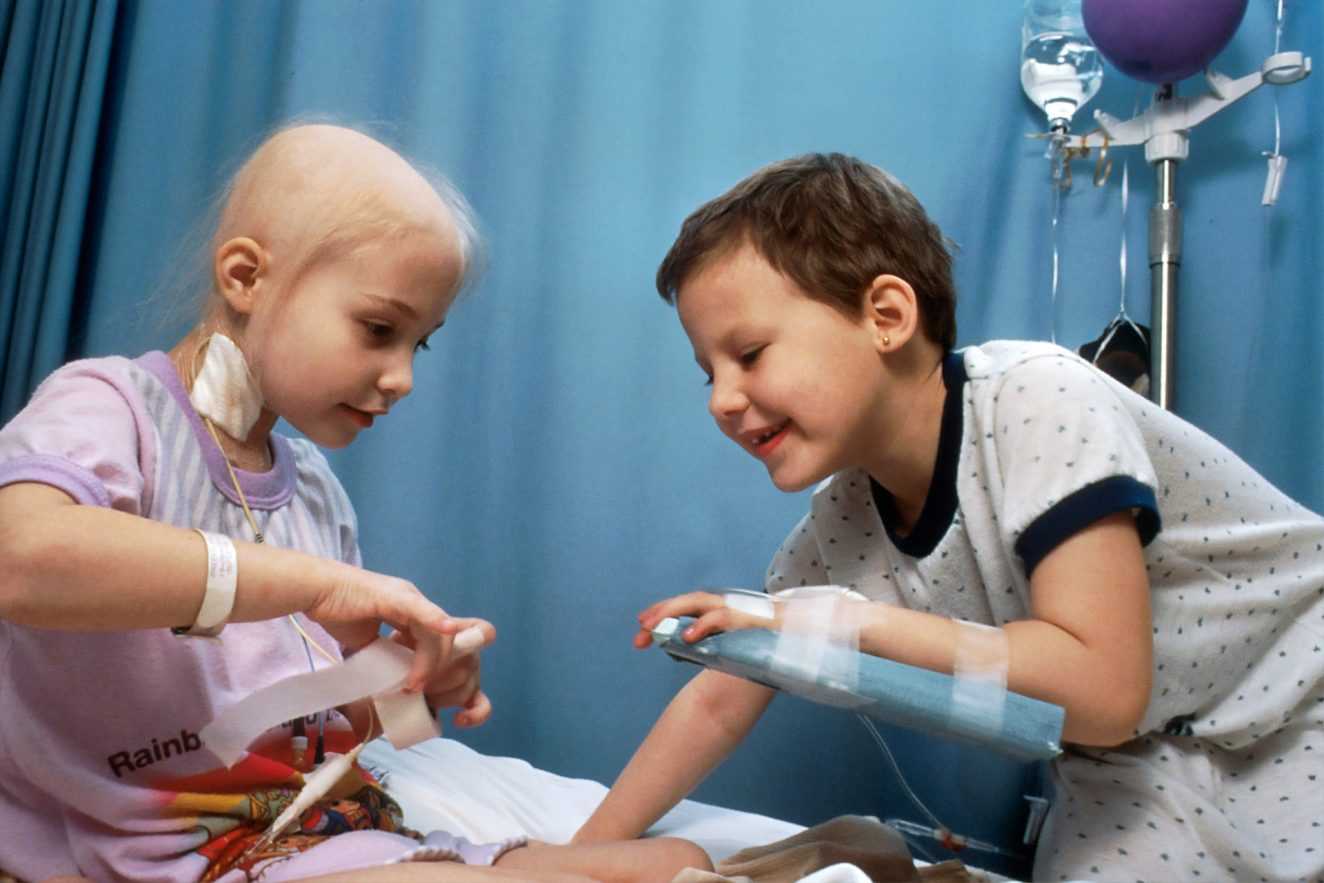Receiving a cancer diagnosis thrusts individuals into an emotional whirlwind, a challenging journey often described as a “battle” where one must “fight” to survive. In this complex landscape, understanding how to navigate the path to recovery becomes crucial. This article aims to shed light on the steps to consider after a cancer diagnosis, offering guidance on the road to healing.

1. See an Oncologist
While it might seem evident, the importance of consulting an oncologist cannot be overstated. Oncologists, specialists in diagnosing and treating cancer, play a pivotal role in devising an effective treatment plan tailored to your specific case. It’s worth noting that there are different types of oncologists, each specializing in various aspects of cancer care. Whether it’s medical oncologists, radiation oncologists, surgical oncologists, or gynecological oncologists, the choice depends on the nature of your diagnosis.
2. Find a Specialist
Selecting a cancer treatment center is often the initial step in the journey. Cancer treatment usually involves a multidimensional approach, and cancer centers provide a comprehensive resource with a dedicated cancer care team. When choosing a center, consider factors like location, available treatments, and your comfort level. Your insurance provider can offer insights into covered oncologists in your area, aiding your decision-making process.
3. Get Another Opinion
Seeking a second opinion is a valuable step often overlooked due to discomfort. However, it is essential to overcome any reservations and obtain a second opinion to ensure you are well-informed and confident in your chosen treatment plan. National Cancer Institute centers are reputable establishments for obtaining a second opinion, emphasizing their commitment to innovative cancer treatments.
4. Educate Yourself
Knowledge is power, especially when facing a cancer diagnosis. Take the time to educate yourself about your specific type of cancer, potential treatments, and associated considerations. Actively engage with your healthcare team, asking questions and seeking clarification. Numerous resources, such as the National Cancer Institute, provide comprehensive information, covering everything from treatment options to emotional support and dietary recommendations.

5. Seek Support
Cancer care extends beyond medical treatments; emotional support plays a crucial role in the healing process. Strong social bonds have been linked to improved survival rates, highlighting the importance of family, friends, and the broader cancer community. Embrace the support offered by loved ones and consider connecting with individuals who share similar diagnoses for a more nuanced understanding of your journey.
6. Take Care of Yourself
Prioritize your overall well-being by adopting a healthy lifestyle. A balanced diet and regular physical activity not only reduce the risk of developing cancer but also contribute to better survival rates. You don’t need to embark on an intense exercise regimen; even moderate activities like gardening can make a significant impact. Explore foods that may aid in fighting cancer cells to complement your overall health strategy.
7. Commit to Your Treatment
Once a treatment plan is established, commit to it wholeheartedly. Adhere to the instructions provided by your healthcare team, and stay on schedule with your treatments. Effective communication with your healthcare provider is key; if you have concerns or experience side effects, share them openly. Many side effects can be managed, but your healthcare team needs to be aware of your challenges to provide the necessary support.
8. Be Your Own Advocate
Become an active advocate in your cancer care. Your motivation to find solutions and manage side effects is unparalleled. Start by finding an oncologist you trust and feel confident in. Utilize reputable sources for self-education, ask questions, and actively participate in decisions related to your treatment. Being your own advocate empowers you to navigate the challenges with resilience and determination.

In conclusion, a cancer diagnosis is undoubtedly a daunting experience, marked by fear and uncertainty. However, by prioritizing the basics—finding a trusted oncologist, educating yourself, seeking support, and maintaining a healthy lifestyle—you pave the way for a more resilient and informed journey. Embrace each step with courage, knowing that you are not alone, and that by being your own advocate, you enhance your chances of overcoming the challenges that lie ahead.





